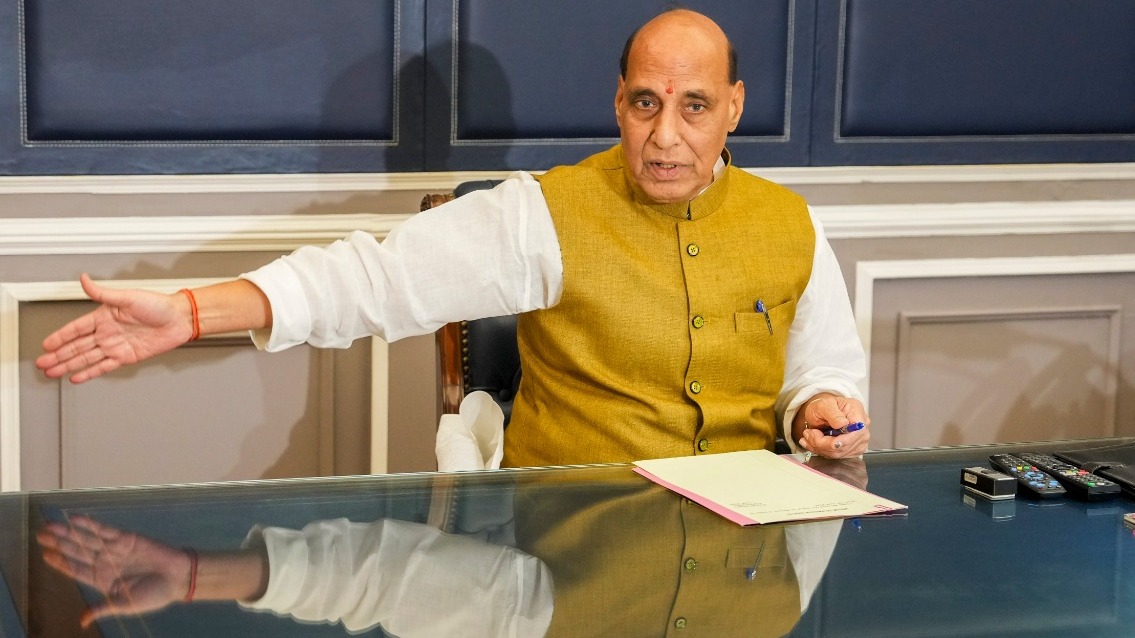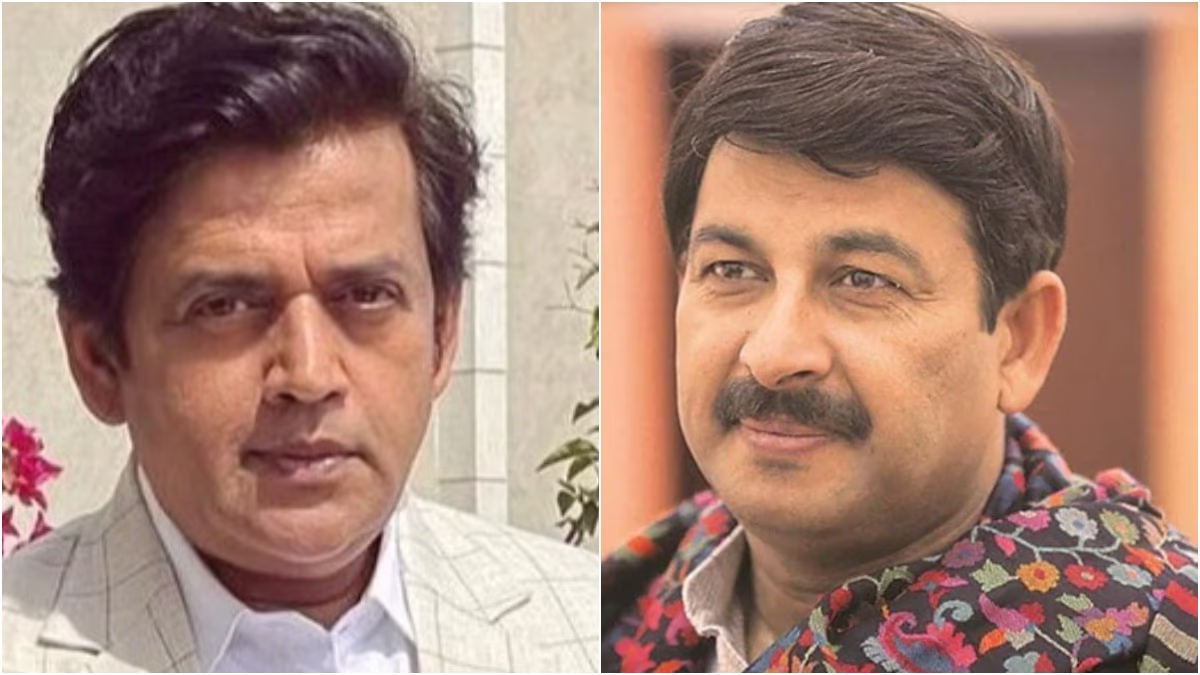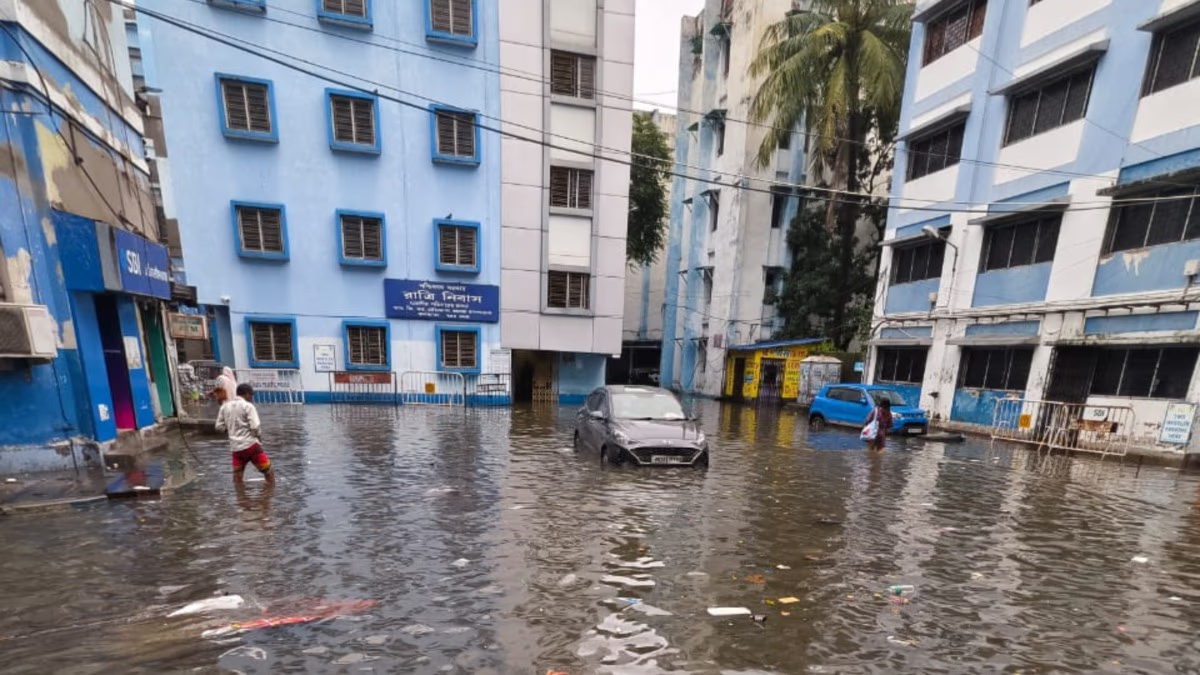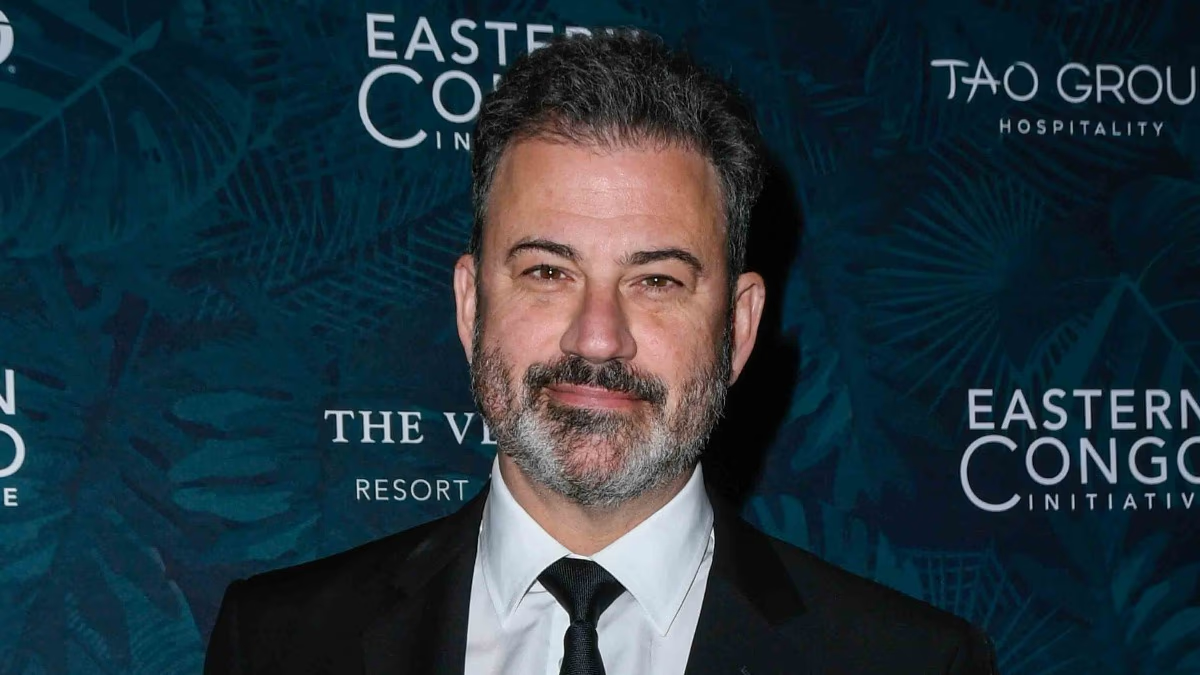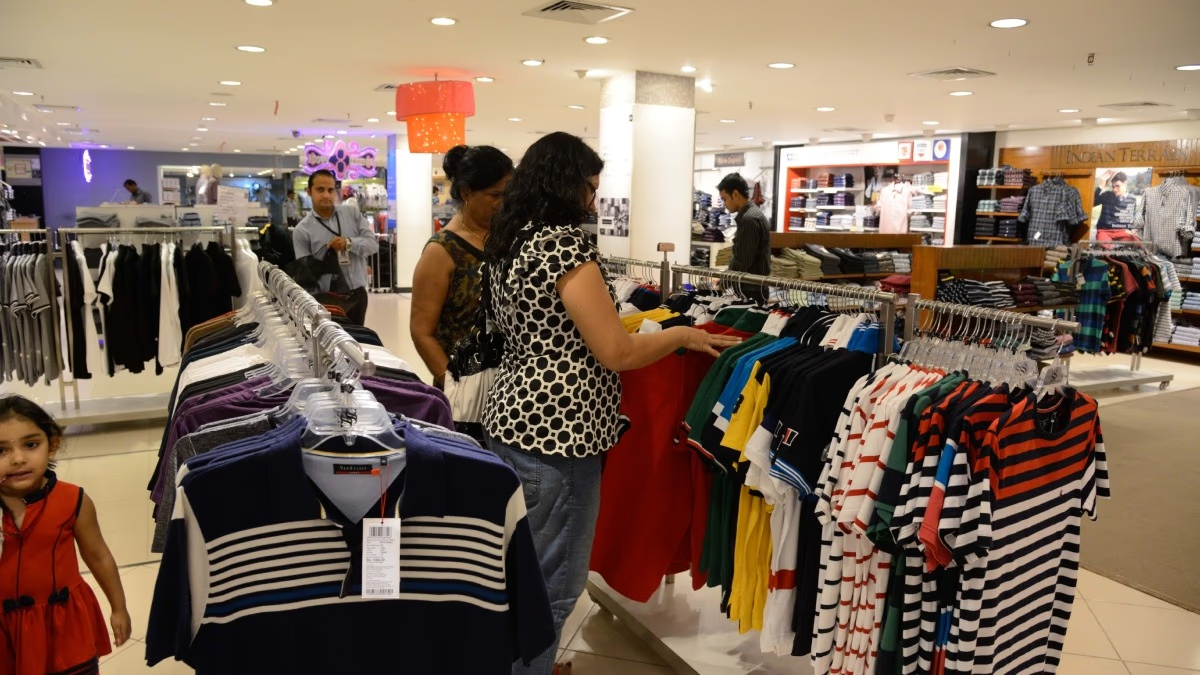With the government's formation complete, the central administration has kickstarted its operations while continuing strategic meetings. An important discussion took place on Sunday at Defence Minister Rajnath Singh's residence regarding the upcoming parliamentary session. Prominent figures like JP Nadda, Ashwini Vaishnaw, Kiren Rijiju, Lalan Singh, and Chirag Paswan were present. The focus remains on what was the agenda and the motive behind this gathering.
Rajnath Singh's Residence Hosts Critical Meeting
The Defence Minister's abode witnessed a meeting that concluded with Cabinet ministers and BJP President JP Nadda seen departing the premises. A significant NDA meeting unfolded regarding the first parliamentary session of the 18th Lok Sabha. According to sources, discussions centered on strategies to garner support from various political factions for their candidates for Speaker and Deputy Speaker.
The Challenge of the Speaker Position for BJP
The NDA, led by BJP, has established the government with Narendra Modi at the helm for the third time and the cabinet ministers allotted their portfolios. Now an essential task remains: selecting the Lok Sabha Speaker. For the current BJP-led NDA, this is no less than a challenge. Previous administration saw BJP MP from Kota, Om Birla, taking the Speaker's chair, but the question remains who will take on this position in the present regime.
Parliamentary Session Set to Begin on June 24
Following the swearing-in and delegation of responsibilities in Modi Cabinet 3.0, the budget session of the Parliament is anticipated to start on June 24. Moreover, sources hint at a special eight-day parliamentary session running from June 24 to July 3. The initial days of the special session, June 24 and 25, might witness the swearing-in of new MPs, with the Lok Sabha Speaker's election potentially occurring on June 26.
Opposition Stirs Controversy Over Speaker's Post
Amid these developments, the opposition has created a stir concerning the Speaker's role. After a long hiatus of 10 years, the opposition now finds itself in a stronger position. This creates a scenario where the Deputy Speaker post, vacant for over five years, could be contended for by the opposition if not granted; they might even field a candidate for the Speaker position. The opposition is preparing for such an eventuality.
Debates Within BJP Regarding Speaker's Choice
Amidst this political maneuvering, BJP has started deliberations, signified by the significant meeting at Defence Minister Rajnath Singh's home. The presence of high-profile party members and the strategy discussions for the Speaker and Deputy Speaker elections are telling of the BJP's focus on these roles.
Opposition to Pressure for an Occupied Deputy Speaker Post
In fact, with the increase in 'India' block (opposition) seats in the 2024 Lok Sabha elections, a leader for the opposition in the lower house is also anticipated. Consequently, the opposition also looks forward to the Deputy Speaker election. It's noteworthy that this post has been lying vacant for the last five years throughout the 17th Lok Sabha. This is the second instance when the house lacked an official Leader of the Opposition. Generally, the Deputy Speaker's responsibility is bestowed upon the opposition. A leader from the opposition notes that they will exert pressure in the house to ensure the post doesn't remain unfilled this time.
Can the Opposition Pose a Candidate for Speaker's Post?
On another note, sources claim that if the opposition doesn't secure the Deputy Speaker position, they are prepared to nominate their own for the Speaker's role. A final decision regarding this will be taken before the start of the parliamentary session.
JDU-TDP Provoked by the Opposition
Besides, the opposition is also strategizing on another front, attempting to incite TDP and JDU to nominate someone from their party for the Speaker's post. The Aam Aadmi Party had recently urged the NDA constituents TDP and JDU to decide on having one of their members as Lok Sabha Speaker, asserting it would be beneficial for them as well as for the constitution and democracy. Meanwhile, former Rajasthan Chief Minister Ashok Gehlot went as far to say that if BJP doesn't concede the Speaker post, the allied parties TDP and JDU must be prepared for the potential horse trading of their MPs.
JDU Clarifies Its Stance
In the midst of these developments, it’s worth noting that JDU, led by Nitish Kumar, has openly expressed support for the NDA-endorsed candidate for the Speaker post. JDU leader KC Tyagi confirmed their alliance. 'JDU and TDP stand firmly in the NDTA and will support the BJP-nominated candidates,' Tyagi stated.
Sanjay Raut's Standpoint
Amid these dynamics, Shiv Sena (Uddhav faction) leader Sanjay Raut emphasized the importance of the battle for the Lok Sabha Speaker's chair, arguing that the situation is unlike what it was in 2014 and 2019, and the government is not stable. 'If Rahul Gandhi says the government could fall at any moment if we want, understand the significance of that. We've heard Chandrababu Naidu has requested the Speaker's position; that's a legitimate move,' said Raut.
Why the Speaker Post is Crucial for BJP
The importance of the Speaker's position for BJP can be gleaned from its own political history. The year was 1999, the BJP-led NDA had formed a government but soon fell into a minority. TDP was part of the NDA and demanded only the Speaker post, but this very demand seemingly led to a political play against the BJP.
When the Vajpayee Government Collapsed
The demand by TDP resulted in their leader Balayogi becoming the Lok Sabha Speaker. Atal Bihari Vajpayee was the Prime Minister, but managing this coalition became a challenge. Eventually, when AIADMK leader Jayalalitha withdrew support, the government fell short of majority and faced a decisive floor test. The Vajpayee government failed by a single vote.
The Big Role TDP Played
As Speaker, Balayogi allowed Giridhar Gamang, then-Congress Chief Minister of Odisha, a vote, who had become CM just three months prior but had not resigned from his MP role. Thus, his single vote became the reason for the government's downfall. Once again, the NDA coalition is predominant in the house; TDP is still in alliance, but for BJP, retaining their own Speaker has become essential due to their previous 'burnt by milk' scenario.
